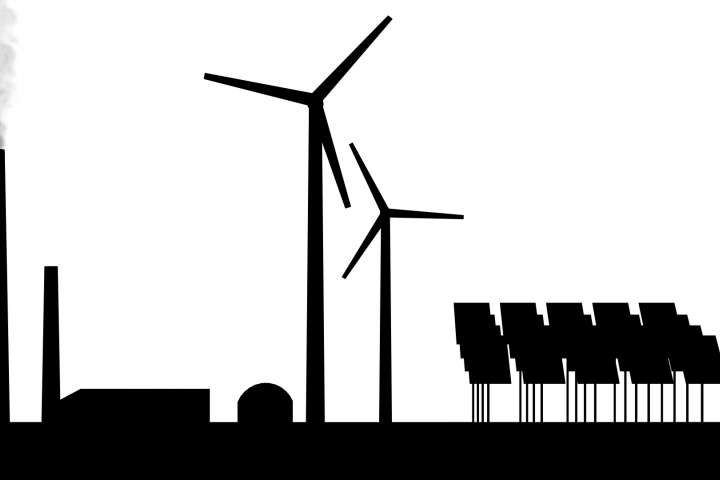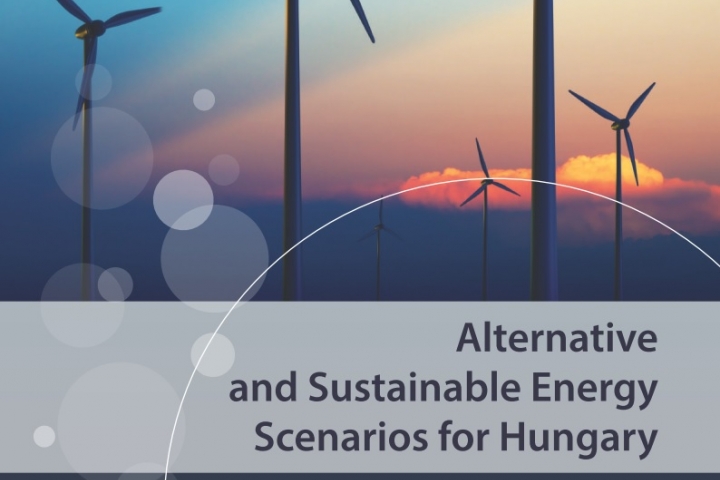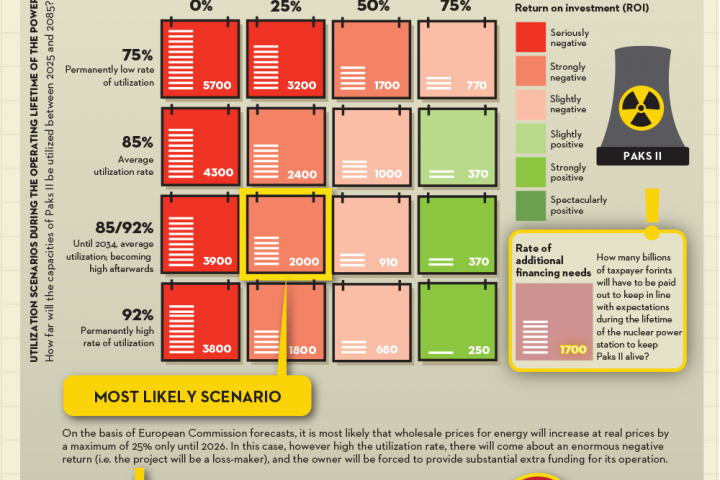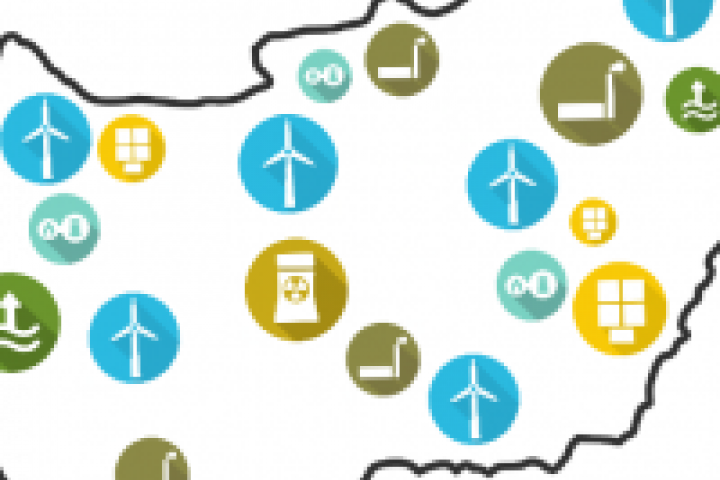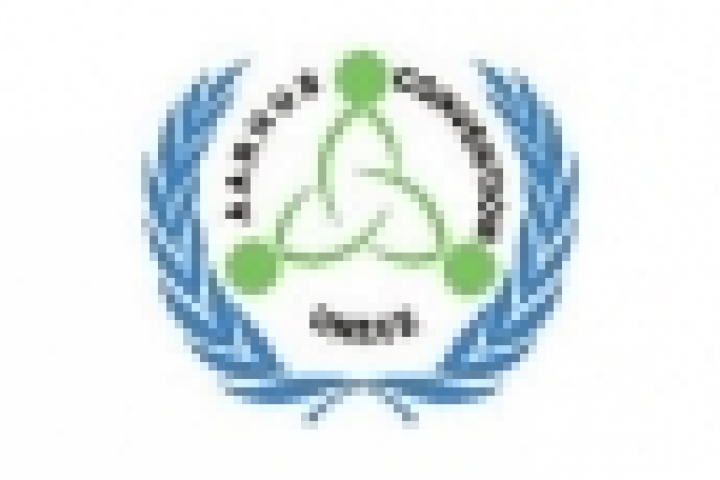EC confirms: Paks II is a financially unviable investment
The recent decision of the European commission confirms that the planned Paks II nuclear investment involves state aid. This means that the government needs to devote hundreds, possibly that thousands of million HUF (several €bn) in addition to the 4000bn HUF (€12.5bn) capital expenditure. This confirms the findings of the earlier analysis of Energiaklub. According to the recent decision of the Commission the above does not constitute illegal state aid.
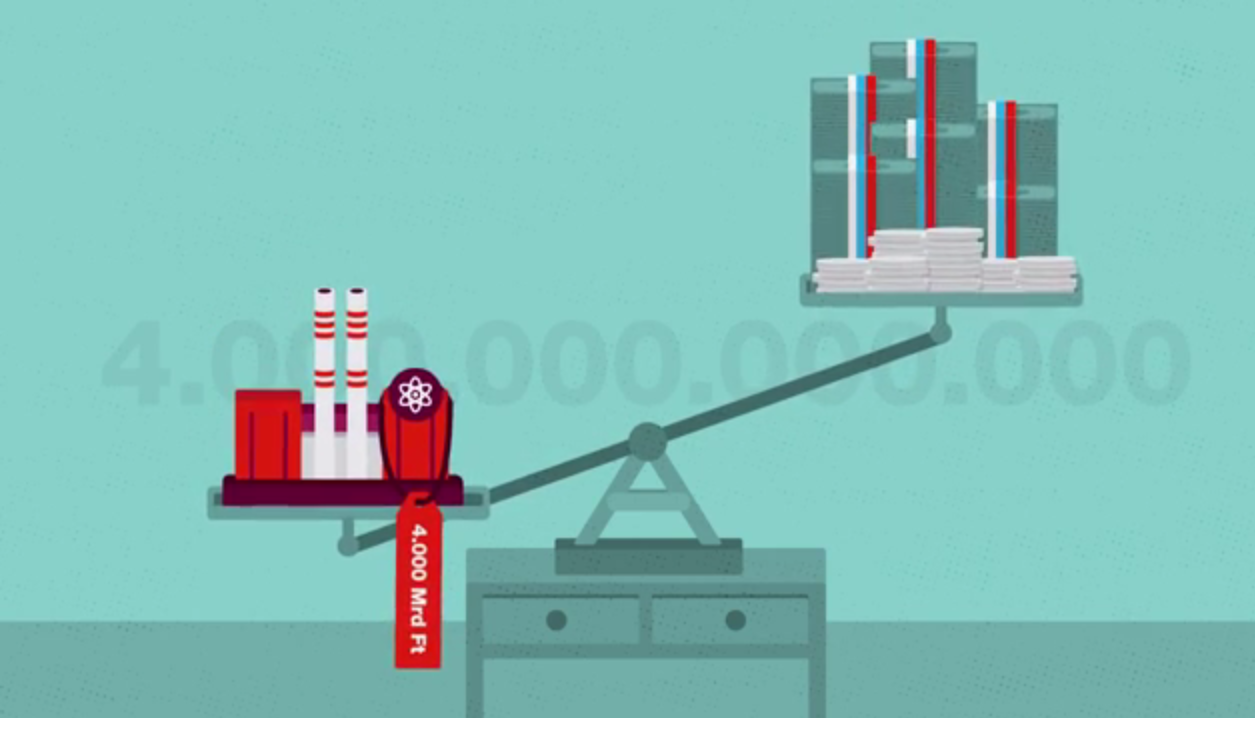
The decision of the EC concluded that Paks II would be economically unviable for a market investor, and it necessitates a large financial aid from Hungarian taxpayers. The Commission, however, finds this state aid compatible with the EU competition rules by referring to the 1957 treaty that established the European Atomic Energy Community. According to the EURATOM Treaty, the Union shall “facilitate investment and ensure, particularly by encouraging ventures on the part of undertakings, the establishment of the basic installations necessary for the development of nuclear energy in the Community”.
The EC decision gave approval to Paks II under EU competition rules, but only under certain conditions.
- Any potential profits earned by Paks II will either be used to repay the investment or to cover the costs of Paks II operation.
- To avoid market concentration, Paks II will be functionally and legally separated from the operator of the Paks I plant (the incumbent MVM Group).
- To ensure market liquidity, Paks II will sell at least 30% of its total electricity output on the open power exchange.
„Even the Hungarian government needs to acknowledge now that Paks II project can only be built and operated with the support of the Hungarian taxpayers. The signatories of the EURATOM Treaty sixty years ago have been naively putting their hopes in the glorious future of nuclear power. Today it’s obvious that nuclear power is clearly an expensive and unsafe way to produce electricity. It’s time to revise this outdated treaty,” says Zsuzsanna Koritár. The expert of Energiaklub added that the legal battle would be likely to continue at the European Court of Justice, where Austria and other member states are expected to appeal against the EC decision.
Background of the state aid decision
- In June 2014, Energiaklub submitted a complaint to the European Commission concerning the unlawful state aid of Paks II.
http://energiakontrollprogram.hu/sites/energiakontrollprogram.hu/files/paks_2_state_aid_complaint_energiaklub_honlapra.pdf - The Commission started its preliminary investigation in June 2015, and published its preliminary conclusions, which criticised the Hungarian government denial of any state aid involved in Paks II.
http://ec.europa.eu/competition/state_aid/cases/261529/261529_1713906_26_2.pdf - Energiaklub sent its comments on the state aid investigation in February 2016 to the Commission.
https://www.energiaklub.hu/en/study/paks-ii-could-only-operate-with-state-aid-3885
Detailed remarks: https://www.energiaklub.hu/files/study/paks_state_aid_energiaklub_remarks_20160212_eng.pdf - Energiaklub commissioned a study ’Planned Paks II nuclear power plant will go bankrupt without state aid - A business economics analysis’ from Balázs Felsmann, Corvinus University of Budapest.
https://www.energiaklub.hu/en/study/planned-paks-ii-nuclear-power-plant-will-go-bankrupt-without-state-aid-a-business-economics-3795 - The press release on the 6 March 2017 decision of the Commission:
http://europa.eu/rapid/press-release_IP-17-464_en.htm
